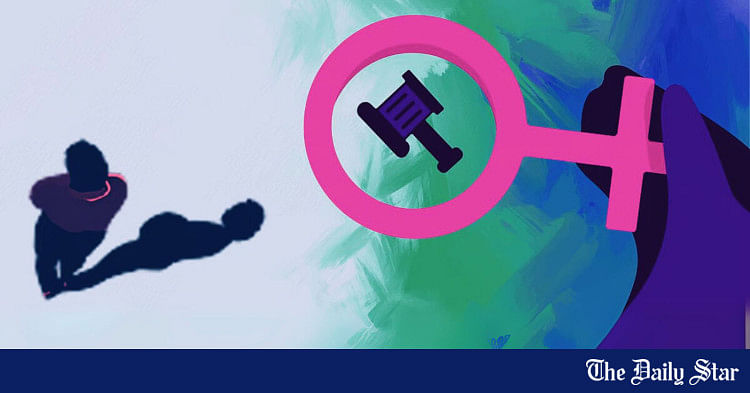RFK Jr. Proposes Nationwide 'Wearable' Health Tracking: A Step Towards a Healthier America?

Robert F. Kennedy Jr. has sparked considerable discussion with a bold proposal: equipping every American with wearable health-tracking technology within the next four years. This ambitious vision, presented as a cornerstone of his 'MAHA' (Making America Healthy Again) agenda, aims to leverage the power of personal health data to improve national wellness. But is this a revolutionary step towards a healthier nation, or does it raise concerns about privacy and data security?
The Vision: Data-Driven Wellness
Kennedy Jr.'s concept centers around the widespread adoption of wearable devices – think smartwatches, fitness trackers, and potentially more advanced biosensors – capable of continuously monitoring vital signs, activity levels, sleep patterns, and other health-related metrics. This constant stream of data, he argues, would provide invaluable insights into individual health trends and enable proactive interventions to prevent illness and promote well-being.
“We think that wearables are a key to the MAHA agenda of making America healthy again and my vision is that every American is wearing a wearable in four years,” Kennedy Jr. stated, highlighting the central role he envisions for this technology.
Potential Benefits: Early Detection & Personalized Healthcare
The potential benefits of such a nationwide health-tracking initiative are numerous. Early detection of health anomalies, personalized preventative care, and improved management of chronic conditions are just a few possibilities. Imagine a future where a wearable device alerts you to a potential heart issue *before* you experience symptoms, or where your doctor can tailor your treatment plan based on real-time data from your body. Furthermore, aggregated, anonymized data could provide public health officials with valuable insights into disease patterns and inform targeted interventions.
Concerns & Challenges: Privacy, Security & Equity
However, Kennedy Jr.'s proposal is not without its critics and legitimate concerns. The most pressing of these revolves around data privacy and security. The sheer volume of sensitive personal health information collected by these devices would be a prime target for hackers and malicious actors. Robust security measures and stringent data protection regulations would be absolutely essential to safeguard this data.
Beyond security, questions of equity also arise. The cost of wearable devices, while decreasing, could still be a barrier for low-income individuals, potentially exacerbating existing health disparities. Furthermore, ensuring equitable access to the technology and the necessary digital literacy to utilize it effectively would be crucial for the initiative's success.
The Regulatory Landscape & Future Implications
Successfully implementing such a widespread program would require significant regulatory oversight and collaboration between government agencies, technology companies, and healthcare providers. Questions surrounding data ownership, usage rights, and potential liability would need to be carefully addressed. The ethical implications of using this data for insurance purposes or employment decisions also warrant careful consideration.
RFK Jr.'s vision presents a compelling, albeit complex, glimpse into the future of healthcare. While the potential benefits are undeniable, addressing the inherent challenges related to privacy, security, and equity will be paramount to ensuring that this technology serves to improve the health and well-being of *all* Americans.






